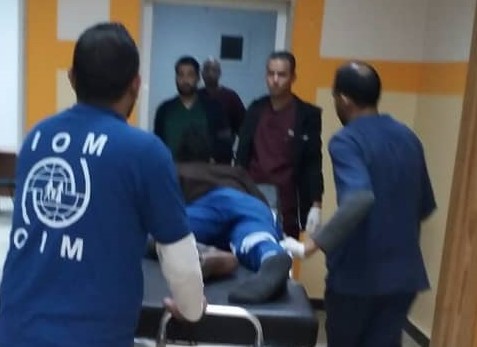A common embassy for Europeans in Syria. Yes, but…
(BRUSSELS2) The European presence in Syria was once again on the table of the PSC ambassadors today. But there is still no common position. Four of the “big” countries (United Kingdom, France, Germany and, most recently, Spain) have already closed, or will close, their embassies. The other Member States present on site – around fifteen – still keep their embassies open and operational (Belgium, Cyprus, Denmark, Finland, Greece, Hungary, Netherlands, Poland, Romania, Slovakia, Sweden, Czech Republic, etc.) as long as the security situation allows it or as long as there is no single European position on the subject. Two of these countries (Finland, Netherlands), however, have already reduced their staff to a minimum for security reasons.
The European External Action Service (EEAS) has offered to welcome diplomats from member countries which have withdrawn their personnel. All delegations seem to agree on this point; or at least none expressed a dissenting opinion. And Spain, which announced (Tuesday) that it wanted to close its embassy, wishes to put two diplomats within the EU delegation, to continue to observe the situation, its embassy operating at least with local agents. However, this option cannot be used by all Member States. The European delegation has offered 5 places available within it for diplomats from member states who would like to continue to carry out their work while closing their embassies. There are some pragmatic considerations to address, particularly regarding security.
The EU embassy in Syria has been headed since 2007 by the Greek Vassilis Bontosoglou. He should have been replaced as part of the 2011 rotation. But “given the circumstances, this replacement is currently suspended” we specify to the EEAS. According to available information, around 26.000 European citizens are present in Syria. But a large majority of them (approximately 80-90%) have dual Syrian nationality and local ties (family, etc.).
NB: The idea of having only one European embassy in a country in crisis is attractive and would be a strong gesture. However, it comes up against practical problems such as the one mentioned. In the same way, all the ideas regularly developed to strengthen the consular role of the EU, with diplomats from the Member States, will come up against very concrete considerations. In which premises, with what budget, with what means of communication, security, etc.? Far from theoretical debates on the More or Less of Europe, we must examine all these questions in a practical way. Testing the Syrian crisis will also make it possible to see whether those proposing these developments are capable of walking the talk.
Read also: Europeans still remain divided on Syria
